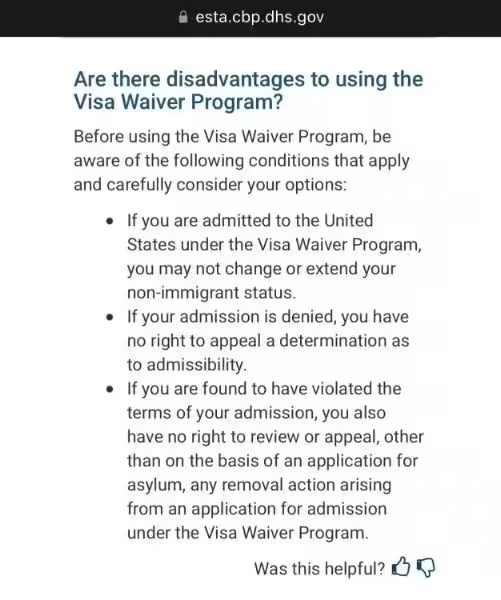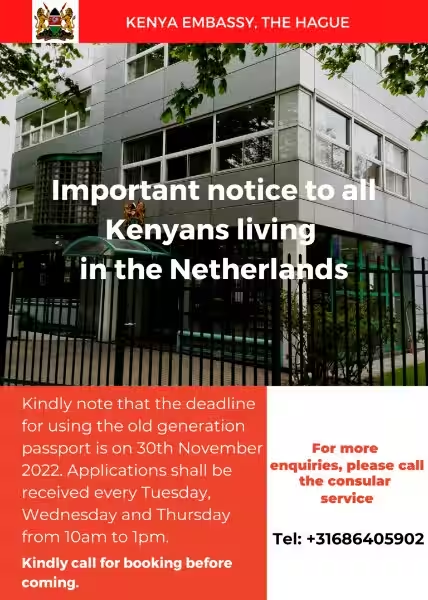If You Marry a Canadian, Are You a Citizen?

Many people assume that marrying a Canadian citizen automatically grants them Canadian citizenship. This is a common misconception. The reality is far more nuanced and involves a multi-step process. This article will clarify the path to Canadian citizenship for those married to Canadian citizens, dispelling any myths and providing a clear understanding of the requirements involved.
Understanding the Path to Citizenship: It’s Not Automatic
Marrying a Canadian citizen doesn’t automatically make you a Canadian citizen. If you marry a Canadian, are you a citizen? The simple answer is no. There’s no fast track or expedited process for spouses of Canadian citizens. The process involves several stages, beginning with spousal sponsorship for permanent residency, followed by a separate application for citizenship.
This means that even after successfully navigating the spousal sponsorship process, you still need to meet additional requirements to receive a Canadian citizenship. Think of it as two distinct journeys: one to become a permanent resident, and another to subsequently acquire citizenship. This is a key point to understand, as it prevents unrealistic expectations about the timeline and complexity of the entire process. Patience and meticulous preparation are essential.
Spousal Sponsorship: The First Step to Permanent Residency
The initial step for a foreign national marrying a Canadian citizen is spousal sponsorship. This process allows your Canadian spouse to sponsor you to become a permanent resident of Canada. This sponsorship application is submitted to Immigration, Refugees and Citizenship Canada (IRCC). This doesn’t grant you citizenship; it’s a crucial stepping stone towards it.
To qualify, your relationship must be genuine and you must meet specific eligibility criteria. This involves demonstrating the authenticity of your relationship through proof of cohabitation, financial support capacity, and other forms of evidence. The IRCC thoroughly reviews these applications to prevent fraudulent marriages. This process can be lengthy, and the application’s complexity often necessitates professional legal assistance.
Inland vs. Outland Sponsorship
There are two main types of spousal sponsorship:
- Inland sponsorship: This applies if you and your spouse are already residing in Canada legally.
- Outland sponsorship: This applies if you are residing outside of Canada.
The outland sponsorship process is generally more complex and involves more documentation and a longer processing time. Regardless of the type of sponsorship, success is not guaranteed, and thorough preparation is crucial.
From Permanent Resident to Citizen: Meeting the Residency Requirement
Once you obtain permanent resident status through spousal sponsorship, you can then apply for Canadian citizenship. However, this requires fulfilling additional criteria, most importantly, the physical presence requirement.
This is a frequently misunderstood aspect. If you marry a Canadian are you a citizen automatically? No. You need to meet the residency requirement. You need to demonstrate physical presence in Canada for at least 1,095 days (approximately three years) within the five years preceding your application date.
Understanding Residency Requirements
This residency requirement involves a careful calculation of the time spent in Canada, considering various factors:
- Time as a permanent resident: This time is fully counted towards the requirement.
- Time as a temporary resident: Time spent as a temporary resident (visitor, student, worker) counts as half-days, up to a maximum of 365 days.
- Time as a protected person: Time spent as a protected person (refugee claimant) counts toward the residency requirement; however, time spent waiting for a decision on a claim does not.
This demonstrates that even with permanent residency, you must physically live in Canada for an extended period to qualify for citizenship. Leaving Canada for extended periods can significantly impact your eligibility.
Beyond Residency: Other Requirements for Citizenship
Beyond the residency requirement, several other conditions must be met to become a Canadian citizen:
- Language proficiency: Applicants aged 18-54 must demonstrate adequate English or French proficiency.
- Citizenship test: Applicants aged 18-54 must pass a test on Canadian history, government, and values.
- Criminal record: A criminal record can affect your eligibility.
- Tax filing: you generally need to have filed your taxes in Canada for at least 3 out of 5 years.
Seeking Professional Guidance
Navigating the complexities of Canadian immigration law can be challenging. The information provided here is for general guidance only and should not be considered legal advice. It’s strongly recommended to consult with an immigration lawyer or a Regulated Canadian Immigration Consultant (RCIC) for personalized advice tailored to your specific situation. They can help you understand the requirements, prepare your application, and increase your chances of a successful outcome. Remember, while marrying a Canadian citizen offers a pathway to citizenship, it’s a process that requires careful planning, patience, and professional guidance. If you marry a Canadian, are you a citizen? The answer hinges on successfully completing this multi-stage process.
Frequently Asked Questions: Canadian Citizenship Through Marriage
Does marrying a Canadian citizen automatically make me a Canadian citizen?
No, marrying a Canadian citizen does not automatically grant you Canadian citizenship. Marriage to a Canadian citizen allows your spouse to sponsor you for permanent residency in Canada. After obtaining permanent residency and fulfilling specific residency requirements (at least 1,095 days in Canada within a five-year period), you can then apply for Canadian citizenship. There is no expedited process for spouses of citizens.
What is the process for becoming a Canadian citizen after marrying a Canadian?
The process involves two distinct stages:
-
Spousal Sponsorship: Your Canadian spouse sponsors you for permanent residency. This involves demonstrating a genuine relationship and meeting various financial and other eligibility criteria. The process differs slightly depending on whether you are applying from inside or outside of Canada (“inland” or “outland” sponsorship).
-
Citizenship Application: Once you obtain permanent residency, you must meet further requirements, including physical presence in Canada (a minimum of 1,095 days within five years preceding your application) to apply for citizenship. This involves a separate application process.
How long do I need to live in Canada to become a citizen after marrying a Canadian?
After obtaining permanent residency through spousal sponsorship, you must physically reside in Canada for at least 1,095 days (approximately three years) within the five years before applying for citizenship. Note that time spent as a temporary resident (visitor, student, worker) counts as half-days, up to a maximum of 365 days.
Are there any exceptions to the residency requirement?
While there are some allowances for time spent as a protected person or temporary resident (as described above), there are no exceptions related to marriage. The residency requirement must be met regardless of marital status.
Does my Canadian spouse’s citizenship expedite the process?
No. While spousal sponsorship significantly aids the immigration process, it does not expedite the citizenship application itself. You will still need to meet all the standard requirements for citizenship, including the residency requirement.
What happens to children born outside Canada to Canadian citizens?
The citizenship rules for children born abroad to Canadian citizens are different from those for spouses. Their eligibility is determined by separate legislation.
What if I am unsure about my eligibility?
It is strongly recommended to seek legal advice from an immigration lawyer specializing in Canadian immigration law. They can provide guidance based on your specific circumstances and ensure you are taking the correct steps.
Where can I find more information on the application process?
You can find detailed information on the application process, including processing times and eligibility requirements, on the Immigration, Refugees and Citizenship Canada (IRCC) website. Consulting an immigration lawyer is also highly recommended.








